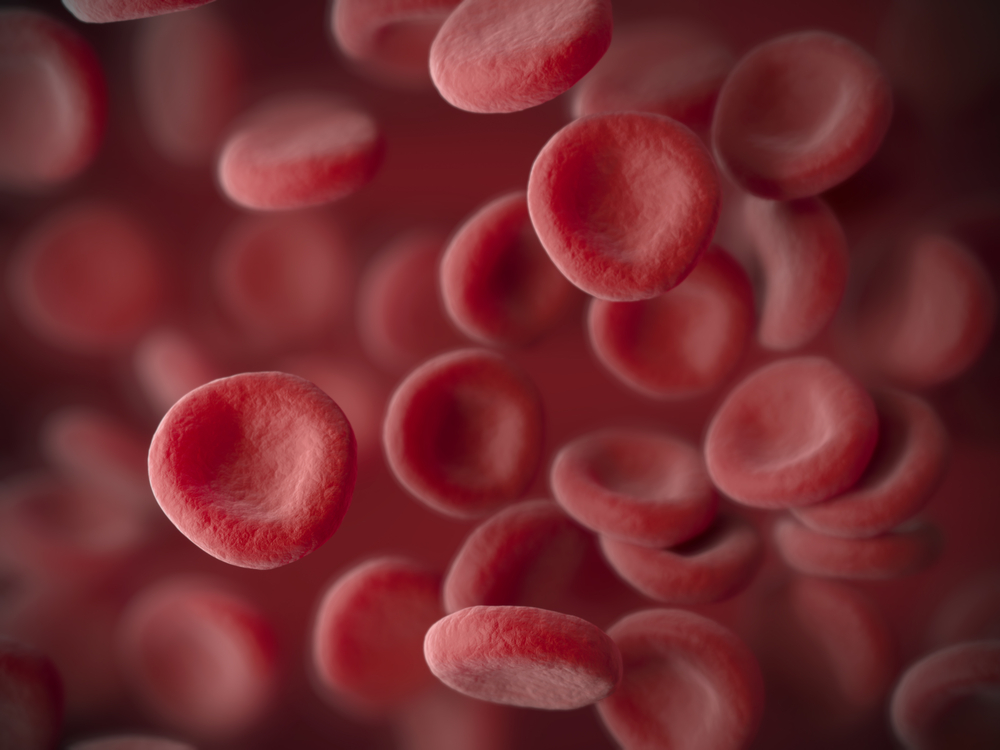Hemogenyx Pharmaceuticals, Rockefeller University Collaborating to Develop New Lupus Therapies
Written by |

Hemogenyx Pharmaceuticals and Rockefeller University recently agreed to collaborate on developing new treatments for lupus using the biotechnology company’s humanized mouse models.
Hemogenyx, which is focused on developing new, more effective methods of bone marrow or blood stem cell transplants for blood diseases, will use its modeling techniques in an effort to develop new therapies for autoimmune diseases, particularly lupus.
In the first stage of the collaboration, researchers will create a mouse model using Hemogenyx’s methods of mice humanization. By using blood stem cells from patients with early lupus onset, researchers hope to create mice that simulate human symptoms of the disease. In a second stage, researchers will then work on developing cell therapies and multi-specific antibodies that can effectively treat the disease in these mouse models.
“This agreement with Rockefeller has the potential to extend our product candidate opportunities into a new and exciting area, and we would fully expect to see the work funded through future non-dilutive grant funding. Shareholders can now also see the potential for the use of our technology beyond our current bone marrow transplantation focus to treat debilitating and otherwise incurable autoimmune diseases such as Lupus,” Vladislav Sandler, PhD, CEO and co-founder of Hemogenyx, said in a press release.
The work will be co-led by Sandler, who will act as the principal investigator for the company, while Alexander Tarakhovsky, MD, PhD, will lead the research on the university side. Tarakhovsky is a member of Hemogenyx’s scientific advisory board and head of Rockefeller’s Laboratory of Immune Cell Epigenetics and Signaling. Rockefeller in New York is considered one of the leading research institutions in the world.
In February, London-based Hemogenyx confirmed the filing of a provisional patent application concerning the development of a new type of humanized mice with a chimeric mouse-human blood system.
“The attractiveness of our new type of humanized mice to major biotechnology companies and leading research institutes will give us further opportunities to collaborate on other disease models and specific drug development,” Sandler said.
The Lupus Foundation of America estimates that 1.5 million Americans and at least 5 million people around the world have some form of lupus. With no cure to date, the disease affects mostly women of childbearing age, typically developing between the ages of 15 and 44.




